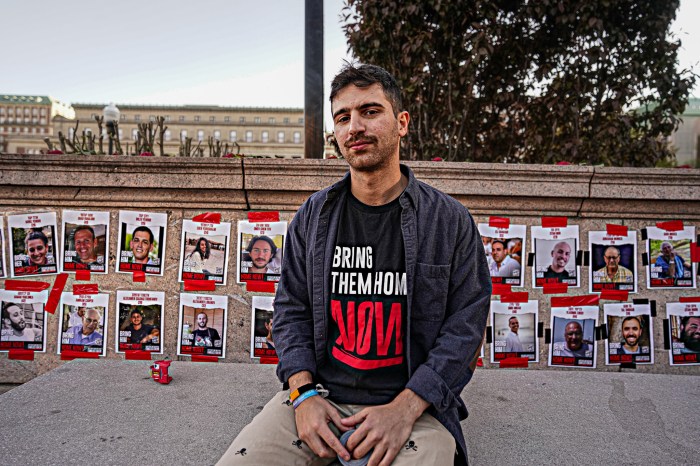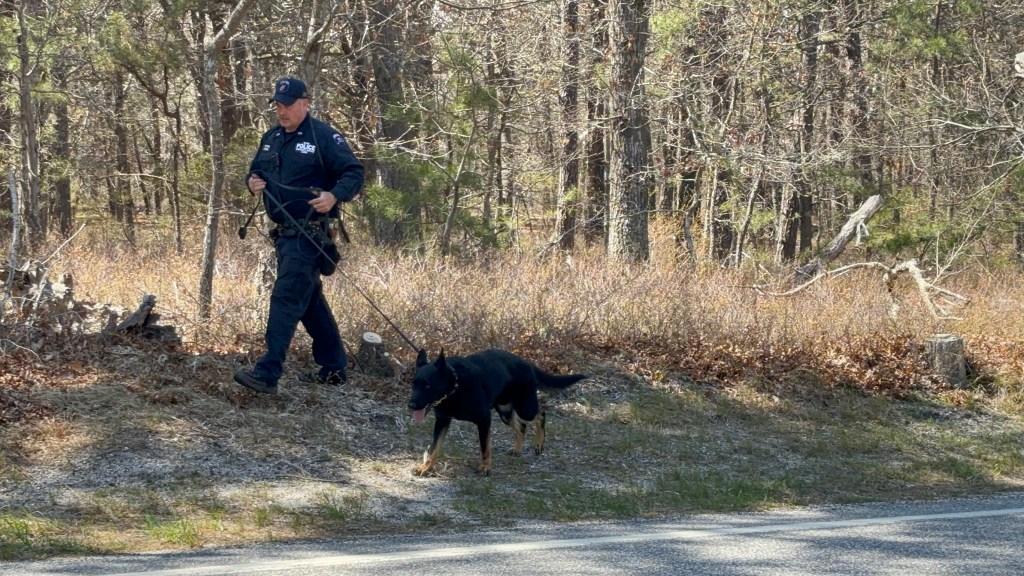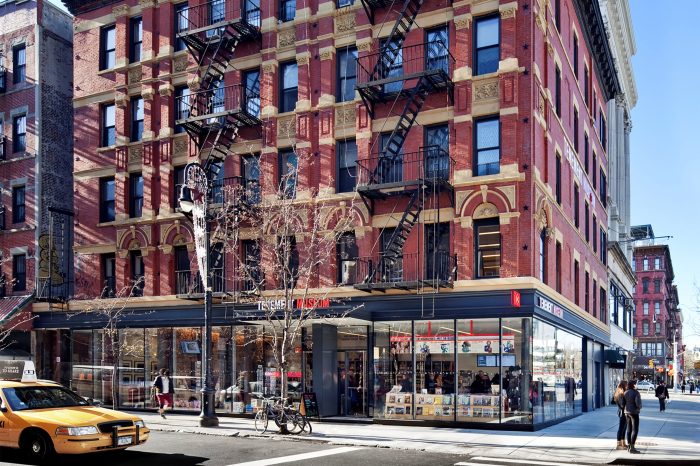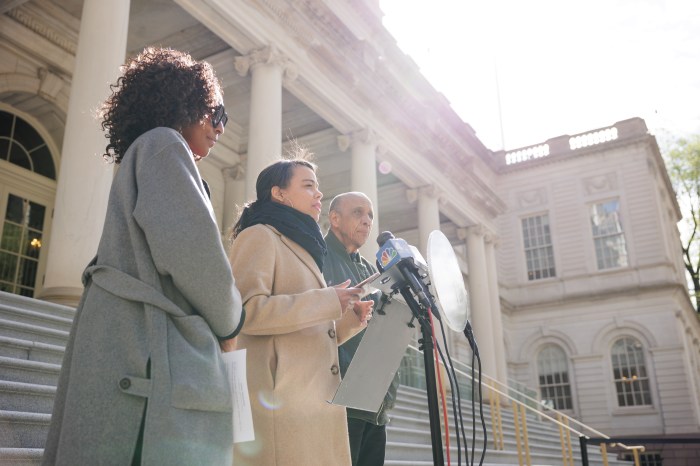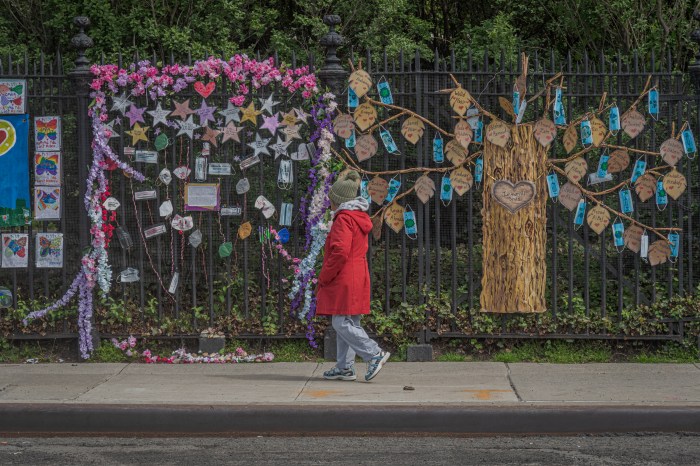We’ve been waiting for months for Albany to turn rhetoric on homelessness into funds and action — and both came in Gov. Andrew Cuomo’s State of the State address. By promising $20 billion, an unprecedented investment, Albany will fund 100,000 permanent affordable housing units over five years, and 20,000 additional supportive housing beds over 15 years, across the state. What’s more, there’ll be an extensive effort to audit the much criticized emergency shelters and to repair or close those found to be unclean or unsafe.
A new focus on housing and homelessness came as the problem seemed to reach new heights last summer. Cuomo accused Mayor Bill de Blasio of responding too slowly, and last fall, de Blasio began proposing solutions, piece by piece. He expanded outreach efforts and safe haven beds, created shelter repair squads, and planned a 15-year effort to add 15,000 units of supportive housing — which combine a place to live with services for those with mental illness, substance abuse problems, or other needs.
Now, Cuomo is doing his part.
It seems that NYC and Albany are, at last, united on tackling the vexing, growing problem. If officials put money and energy into significant solutions like improving shelters and adding housing, we might see real progress.
Questions remain. While a Cuomo spokesman said NYC will get the vast majority of supportive units, the number is unknown. Hopefully, it’ll reach the 15,000 needed to match de Blasio’s efforts. No one is sure when any of those units will open, but it’s critical that they become reality quickly.
As for the shelter audits, it’s unclear what will happen when problems are found. Homeless individuals in unsafe, unclean shelters must have better alternatives. Comptroller Scott Stringer, long a de Blasio critic, will handle the audits. He must take a careful, complete approach, without rhetoric or politics getting in the way.
Even with the outstanding issues, Cuomo’s proposals mark the potential for a fresh start, for a relationship between city and state that involves more partnership and less tension, and for better times ahead for New Yorkers who need housing and help — now.










